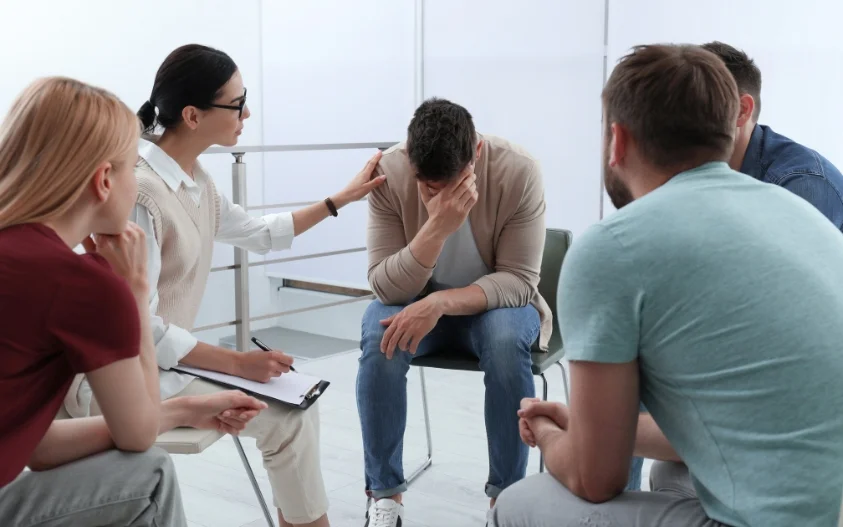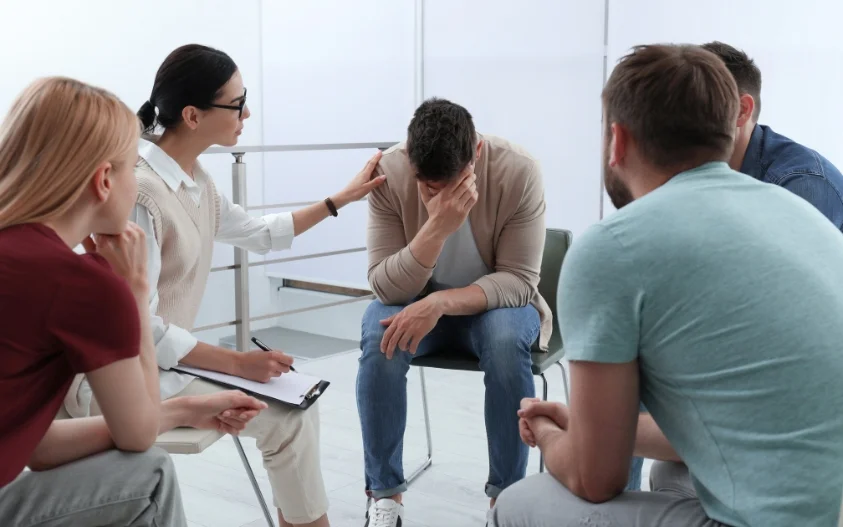24/7 Helpline:
(866) 899-221924/7 Helpline:
(866) 899-2219
Learn more about Ecstasy Rehab centers in Person County

Other Insurance Options

Health Partners

Coventry Health Care

MHNNet Behavioral Health

Choice Care Network

BHS | Behavioral Health Systems

Lucent

United Health Care

Health Net

Excellus

State Farm

CareFirst

BlueCross

PHCS Network

Sutter

Horizon Healthcare Service
Beacon

Carleon

Evernorth

Health Choice

Aetna

Freedom House Recovery Center
Freedom House Recovery Center - South Madison Boulevard offers outpatient treatment for individuals ...








































Life Changes
Life Changes offers a variety of programs including EAP Services, DWI Assessments & Treatment, and S...




















